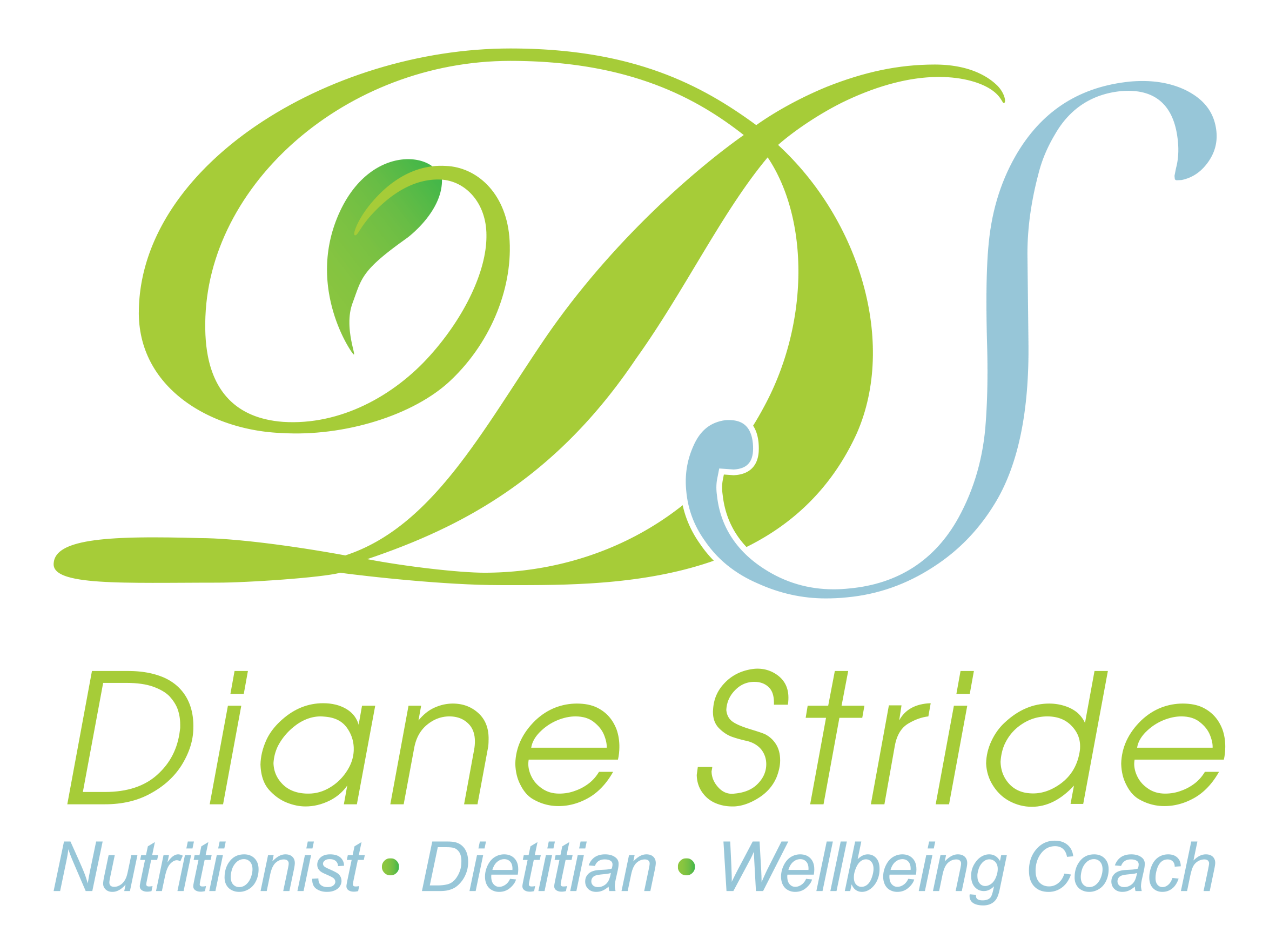Vitamin D – a vital hormone
So, what exactly is Vitamin D? It’s not actually a nutrient but actually a hormone which plays an important role in bone structure, muscle function and other processes within the body. We get Vitamin D mainly from sunlight and we don’t actually require a lot of sun exposure to attain optimum levels. In fact, too much sun can actually cause the vitamin to be broken down.
What Vitamin D helps with:
- Ensures that your bones remain strong, as it increases the amount of calcium absorbed by your gut
- Maintains muscle strength
- Some studies indicate that a life-long deficiency may increase the risk of cognitive declination, autoimmune disorders (such as lupus and MS), neuro-degenerative disease, allergies and cardiovascular disease
Food is surprisingly a poor source of Vitamin D, however some of it can be found in fish, fortified milk and milk alternatives, margarine and eggs. It is important to acknowledge that you cannot get enough Vitamin D from your diet alone.
It’s really important that we are mindful of our skin when out and about in the sunshine. The UVB rays required to make Vitamin D, also cause skin damage which increases our risk of skin cancer.
If you often works indoors, take some time out to walk around or sit outside in the sunshine for the recommended time (more info on this below).

What can we do to get the best of both worlds? In Summer, we only need around 6-8 minutes on our bare skin to receive sufficient amounts of Vitamin D. This can just be on our hands, face, arms and legs, as it is not required over the entire body. It would be best to get this sunshine early morning or mid-afternoon in order to avoid the harshest sunshine of the day.
In winter, the time required is longer, for example, 16 minutes in Sydney, 25 minutes in Melbourne, 24 minutes in Auckland and 40 minutes in Christchurch.
It is easier to work on attaining your Vitamin D inSummer, as these levels can often carry you through the winter months, provided your winter is not too long.
For people with darker skin, spend around 3-6 times longer in the sun due to the melanin in your skin, which reduces your Vitamin D absorption.
If you are at risk for Vitamin D deficiency, it would be a good idea to ask your GP to test your levels. If they are low, supplementation is required as prescribed by your GP, as multivitamins usually won’t have adequate levels. Too much Vitamin D can have some negative effects, so supplements need to be taken carefully and under supervision. Re-test your levels after 3 months, as the levels will unlikely change before this time.
Some people, due to their genetics, are at risk of having low levels of circulatory Vitamin D. In fact, I have the gene which affects my conversion. So, despite my time spent in the sun, my levels still stay low and so I need to intermittently supplement.



